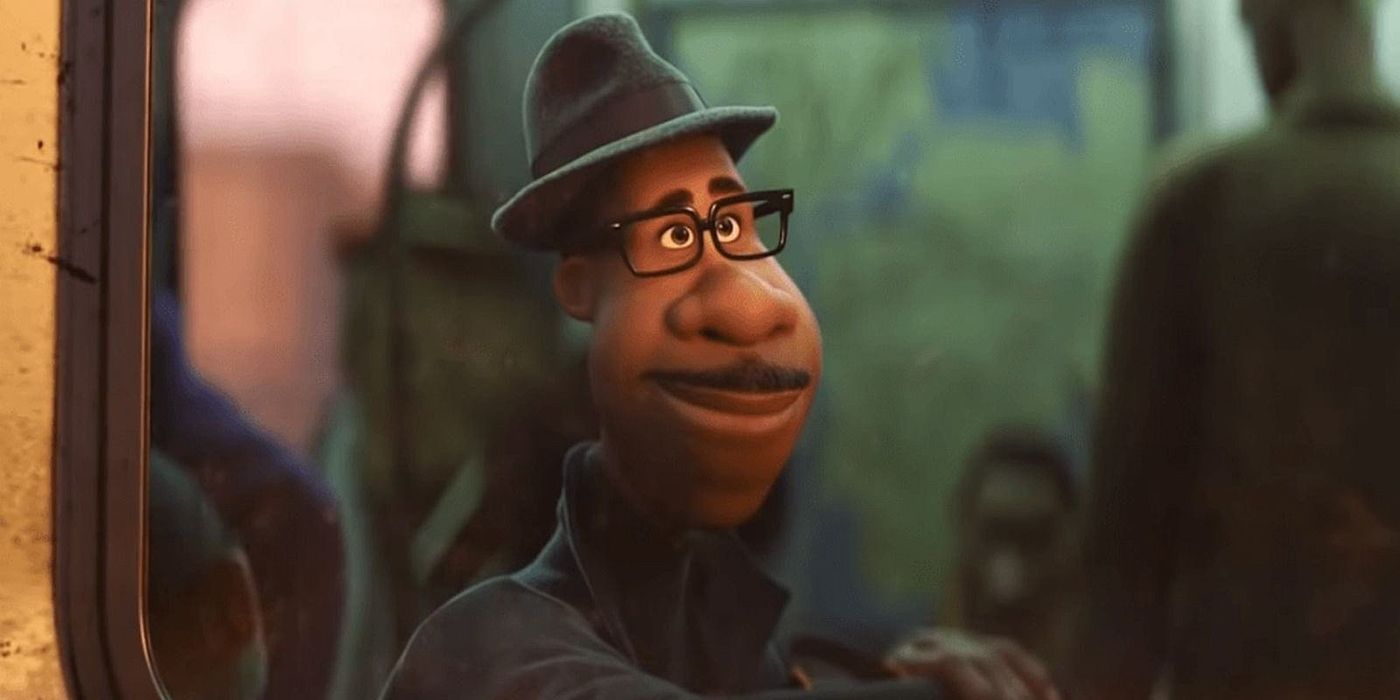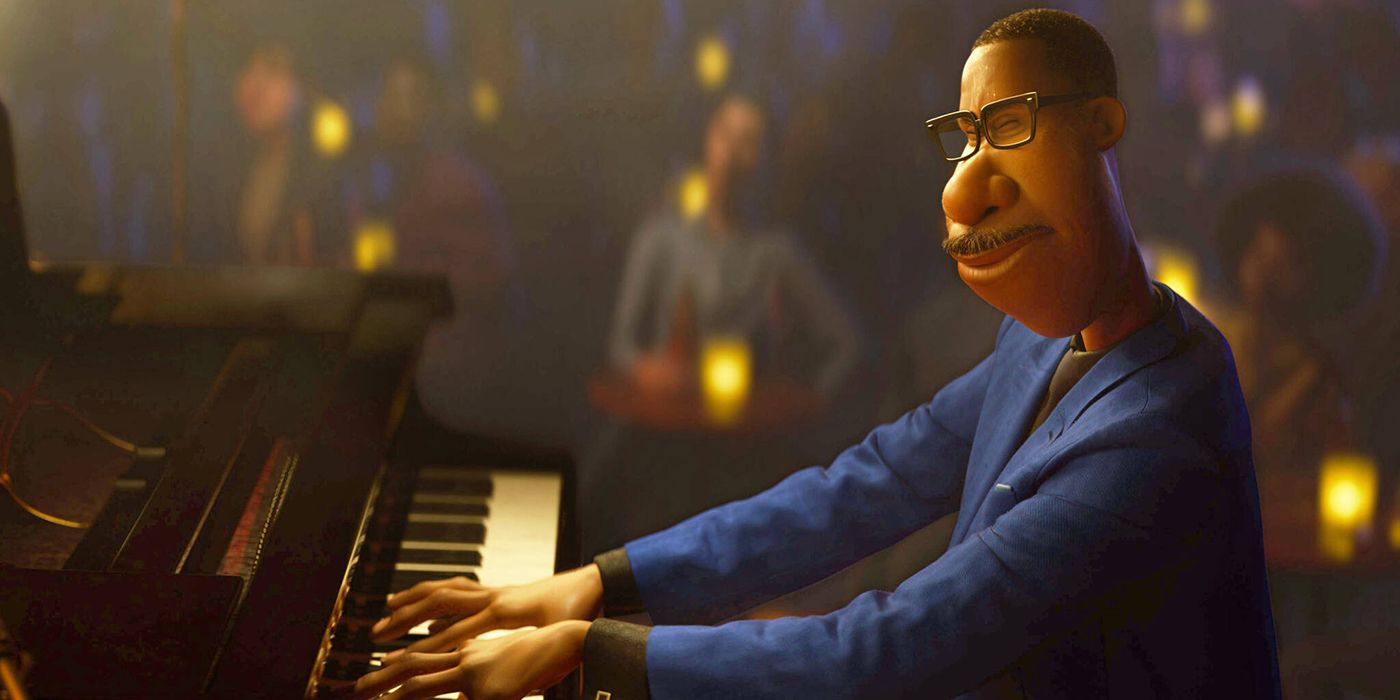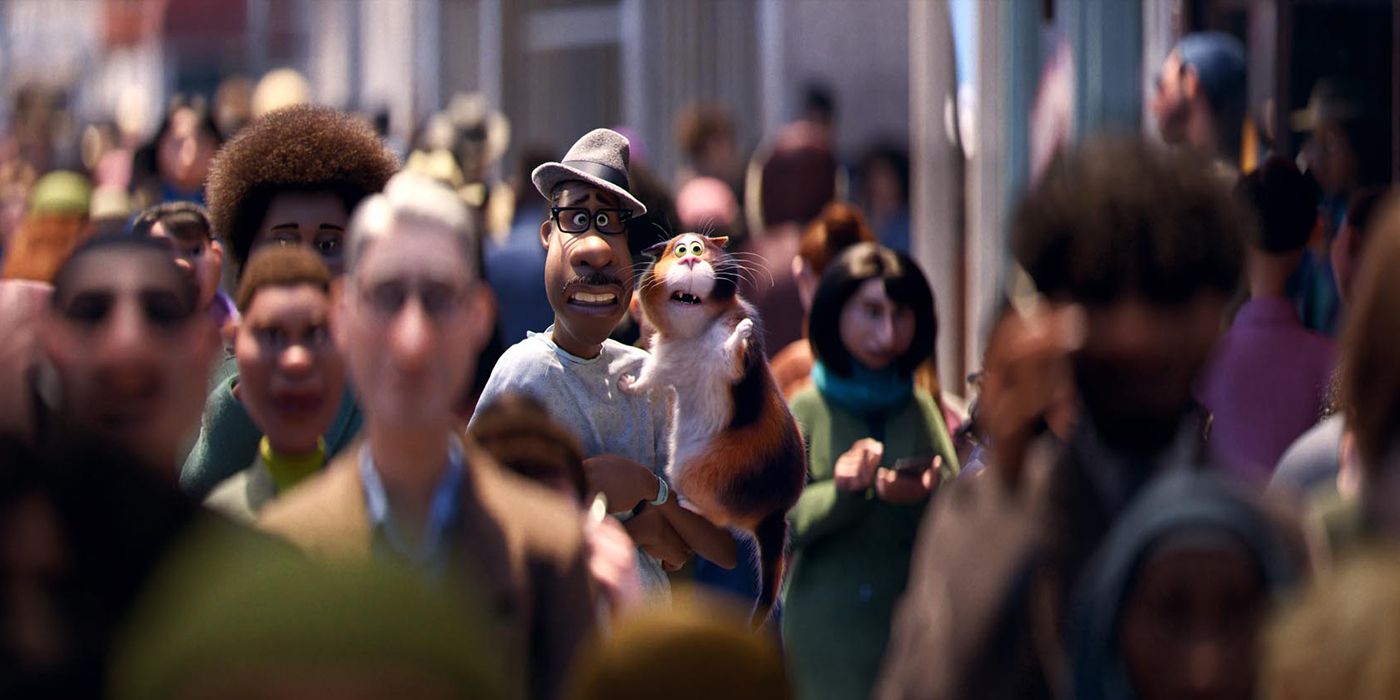On December 25th, 2020, just a week before the end of the year, Disney released Soul, the latest film from Pixar Animation Studios, to the Disney+ streaming service, at no extra cost for subscribers. It told the story of a man unexpectedly losing his life and, in trying to get it back, learning the difference between “living with purpose” and “living purposefully.” It was immediately celebrated upon release as one of the best films of the year, thanks to stellar storytelling and thoughtful existential exploration.
Soul was never meant to be a Christmas launch, nor a Disney+ exclusive, but its delayed release and streaming debut was a minor miracle of timing. Unintentionally closing out the most comically awful year in many a moon, Soul was exactly the film to lift spirits and inspire joy as 2020 came to a close.
Barely a week into 2021, it’s already becoming cliché to describe the preceding year with ferocious cynicism. 2020 was a nightmare. A catastrophe. A trainwreck. Simply listing the abundance of tragedies that occurred in this numerically-symmetrical year would not only be a challenge itself, but half the list would also read like absurdist fiction. From a deadly pandemic with a six-digit body count to a gender reveal party malfunction setting off a devastating fire throughout Southern California, the laundry list of misery that will forever define the year in hindsight would jade even the loudest optimist.
As the world’s economy slowed and the public stayed indoors, home entertainment became a vital source of moral support and escapism: Nintendo’s Animal Crossing: New Horizons gave players the chance to foster a community of their own at a time when engaging with one in real life was considered unsafe, and ESPN’s hit documentary series The Last Dance was released earlier than scheduled to satiate sports fans without any games to watch. Even with these lovely distractions, it became increasingly difficult to look past 2020’s abyss of despair and panic.
Like a lot of entertainment released throughout 2020 (or delayed to 2021), Soul was conceived long before “social-distancing” was a phrase in anyone’s mind. The movie’s end-of-year release was not the original plan - first announced in 2019, it was slated to hit theaters on June 20th, 2020, not unlike previous Pixar films in years past. But as the COVID-19 outbreak derailed and dismantled studio schedules across Hollywood, plans changed irrevocably. Like so many other summer blockbusters, Soul became marooned, its primary distribution method - movie theaters - deemed unsafe for the foreseeable future.
At first, Disney was determined to ball-and-chain Soul to tradition, moving its theater-only release from June 20th to November 20th - a five-month delay. But as soon as it became clear COVID-19 would be staying for the holiday season, Disney finally gave in. On October 8, Soul received a Christmas Day release on Disney+, its fate as the first Pixar film to skip theaters set in stone. Though a troubled launch to be sure, the film had actually arrived at the precise moment it needed to.
Apart from any of its existential musings, Soul is a bright and brilliant ray of unfettered positivity. Ironically, a film with a dead main character champions what it means to live more so than any Pixar film that came before it. It is so brazen in its celebration of life's quieter moments, universal in their occurrences. In the film's defining moment, Jamie Foxx's Joe Gardner takes in a meditative moment on a breezy afternoon, hearing casual chatter in the distance and observing a leaf slowly descend from its tree. By most standards, it's a positively ordinary slice of time - but in Soul, it's treated as a moment of emotional impact, both contextually and cinematically. It enthusiastically spits in the face of everything that will define 2020 for decades to come.
Soul also speaks to a very specific part of 2020's collective psychology. One of the COVID-19 pandemic’s larger ripples was - and remains - a massive increase in unemployment, as companies hit by the outbreak’s consequential recession shrunk worker bases to cut costs. From this wealth of free time for millions of people came a larger cultural emphasis on freelance work and a “hustle culture” mentality. Creators, whether freshly-unemployed or not, felt pressured to make their own individually-designed businesses succeed in spite of widespread financial uncertainty. It’s too early to gauge the resulting productivity from this collective shift, but the mentality lingered on social media all year long. The underlying message in this shift was clear: find as many ways to define existence through work as possible.
Along comes Soul, a film starring an artist who embodies the "hustle culture" mentality, torn between a life of financial stability and a life of artistic purpose (or so he thinks). Though at first deeply relatable, the film is quick to demonstrate how that mindset turns him away from the joys of life he thought he’d reach with a successful career. What Joe - and the audience - must learn is that living a life with a purpose defined by external and societal forces (like being a famous and successful musician) is a misinterpretation of what it means to live purposefully. It unintentionally reflects on a collective sense of existential dread hovering over 2020, as millions of people, creators and not, wait for the world to “open up” so they can return to defining themselves by their occupations. In a year when working for a living was treated as an unattainable luxury for so many, Soul reminds everyone there's so much more to life than work.
There's no telling what challenges and tragedies lie ahead in 2021 - it's easy to hope it'll be better than 2020, but whether or not it actually turns out that way is anyone's guess. But if people put in the effort to make 2021 a better year in whatever way they can, with the kind of passion and purpose that Soul embodies so powerfully, they'll look back on this year a lot more fondly than the last. Just remember to have a good time, because it's all right.



